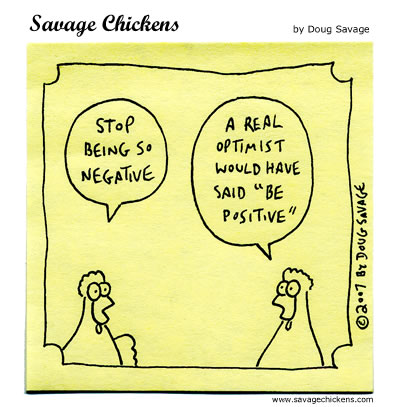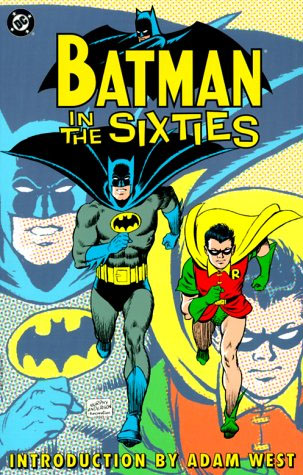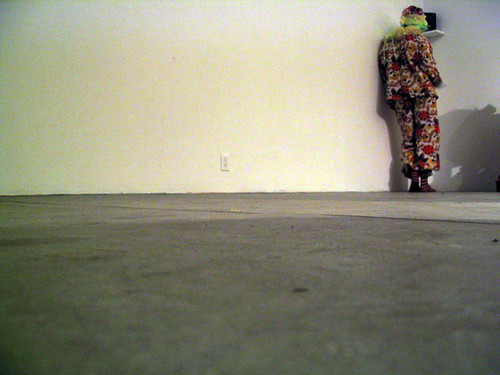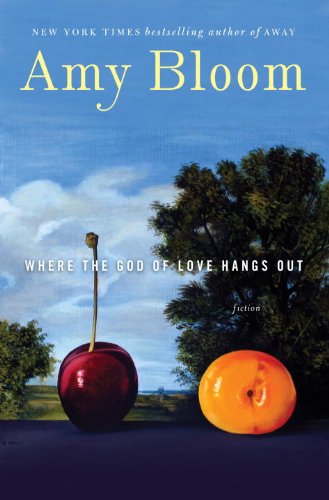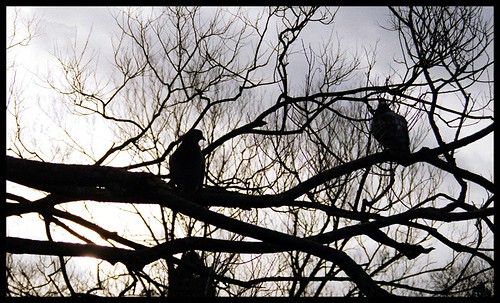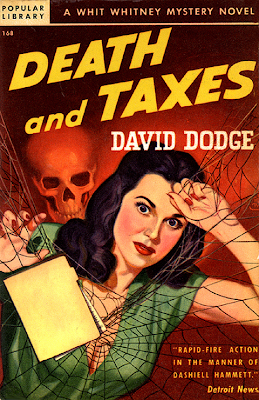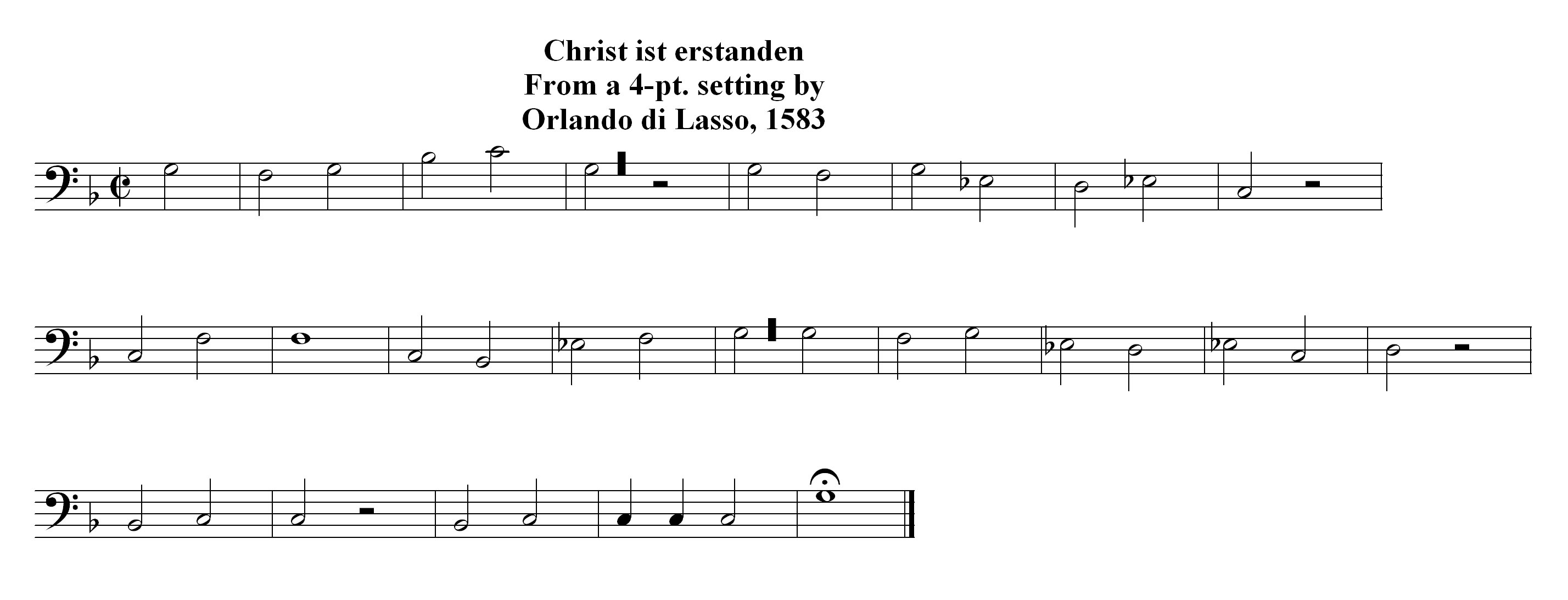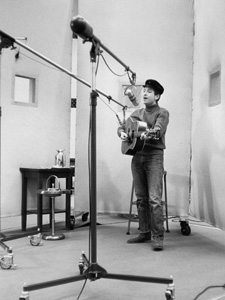
I began this day perusing Emily Dickinson’s poetry. Since Nick has said that he likes the poetry I have been posting (I figure that many readers’ eyes gloss over when they see a poem, a quote or a long-winded passage.), here’s one that caught my eye this morning.
Wonder–is not precisely Knowing
And not precisely Knowing not–
A beautiful but bleak condition
He has not lived who has not felt–Suspense–is his maturer Sister–
Whether Adult Delight is Pain
Or of itself a new misgiving–
This is the Gnat that mangles men–
I felt “wonder” yesterday as I read through possible choices for upcoming organ preludes and postludes. I am seriously considering doing some Bartok piano pieces as preludes in the near future. But didn’t land on one yesterday.
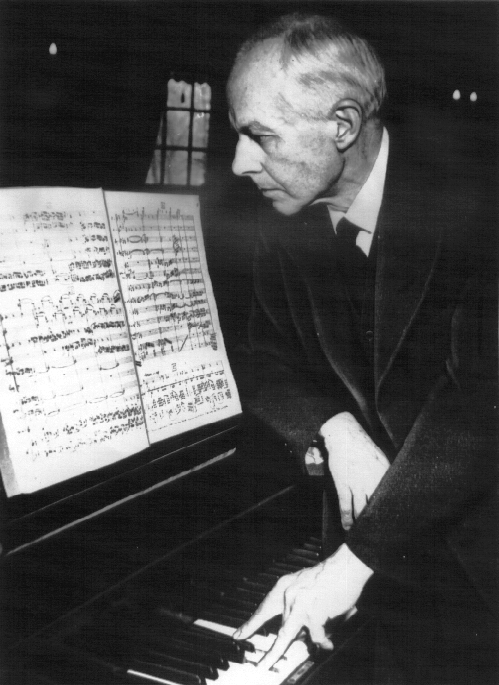
Instead I am planning to play Bach’s In dir ist Fruede from the Orgelbuchlein as the prelude this Sunday. We are singing an Easter communion hymn based on its tune and I do love the Orgelbuchlein.

The postlude comes from a series of volumes published by Augsburg based on hymns which are a bit more involved than your basic two page 20th c. organ hymn choral prelude. It’s based on the closing hymn, “Christ is Alive,” sung to the tune TRURO and was written by a man named J. Wayne Kerr.
In this same series I found a charming partita on the tune, CRIMOND, written by Barbara Harbach. She obviously has Distler in mind because she begins and ends with a flourish on the tune similarly to the way Distler does in his NUN KOMM DER HEIDEN HEILAND partita. I scheduled this for the prelude a week from Sunday. It’s a bit lengthy but I can begin early.

CRIMOND always makes me think of an elderly woman I knew in Oscoda named Helen Swetka. It was one of her favorite hymns. She had purchased multiple copies for the choir when she was home in Wales. The text is based on Psalm 23: “The Lord my God my shepherd is.” Mrs. Swetka always nagged me about taking organ lessons, until finally I succumbed and began studying organ with a man named Kent McDonald.
CRIMOND does not appear in the older 1940 Episcopal hymnal but was included in the 1982 edition. Mrs. Swetka would be pleased.
I decided on several other pieces for preludes and postludes in the near future including works by Schulz-Widmar and Healy Willan. Then for some reason I pulled out some improvisations of Saint-Saens and chose one to learn.

I even went so far as to make a page turn copy of this rather lengthy piece.
This is a bit out of character for me. I do enjoy plunking away at the romantics at the piano (Schubert, Schumann, Beethoven and others). But most romantic organ music leaves me a bit cold. I think it’s a poor cousin to both the orchestral symphonic literature and the romantic piano literature.
Nevertheless yesterday I found myself working on this little Saint-Saens Allegro (No. 7 of the 7 Improvisations, Opus 150 [link] to pdf of the score, it begins on page 33).
I had glanced at some recently purchased Arvo Part and some other modern stuff but for some reason this stuff didn’t attract me. Weird.
Eileen suggested that I take my list of blood pressure readings in to show the receptionist when I dropped off my Mom at the doctor at the yesterday. The receptionist surprisingly offered to photocopy them and pass them back to my doctor’s office.

Later in the day I received a phone call that the doctor had looked over my readings and said she wanted to keep me on my present med. This is a small victory for me.

Unfortunately the readings do seem to be inching up in the last few days. Bah. It’s hard to tell what causes the shifts in blood pressure. I have had a lot of stress at work lately. Or maybe I should say I have allowed work to stress me lately.
I’m not sure how much about work stress is appropriate to post.

Suffice it to say that after meeting with my boss and a co-worker my job seems pretty secure but it remains to be seen if there will be any real change in the problems.

I am meeting one-on-one with my boss this afternoon. We meet weekly but had to reschedule earlier in the week since she is going out of town.
That should be a good part of the day. I like meeting with her.

I’m closing so I can get on the dang treadmill.
Here’s another Emily Dickinson poem from the same page as the one at the beginning of the post. It makes me think of crocuses in spring.
Pink–small–and punctual–
Aromatic–low–
Covert–in April–
Candid–in May–
Dear to the Moss–
Known to the Knoll–
Next to the Robin
In every human Soul–
Bold little Beauty
Bedecked with thee
Nature forswears
Antiquity–

















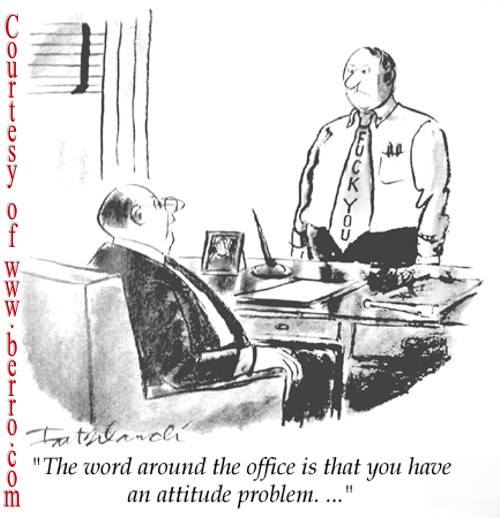

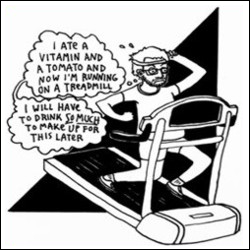








 .
.

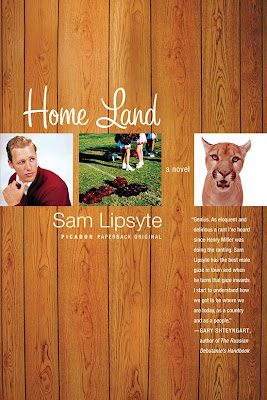




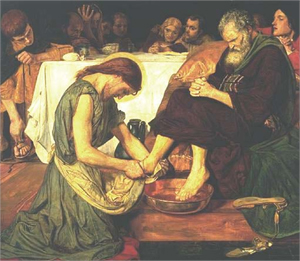



 I have thought long and hard about the function of music. For me all sound is music. I think I learned this from John Cage’s writings and thinkings.
I have thought long and hard about the function of music. For me all sound is music. I think I learned this from John Cage’s writings and thinkings.




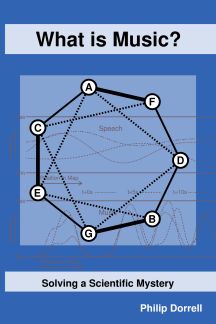






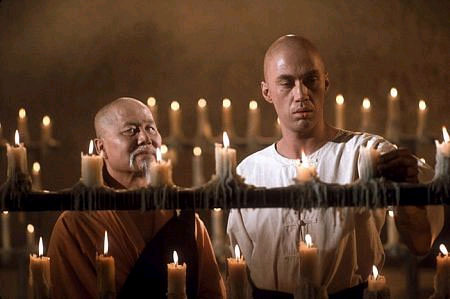























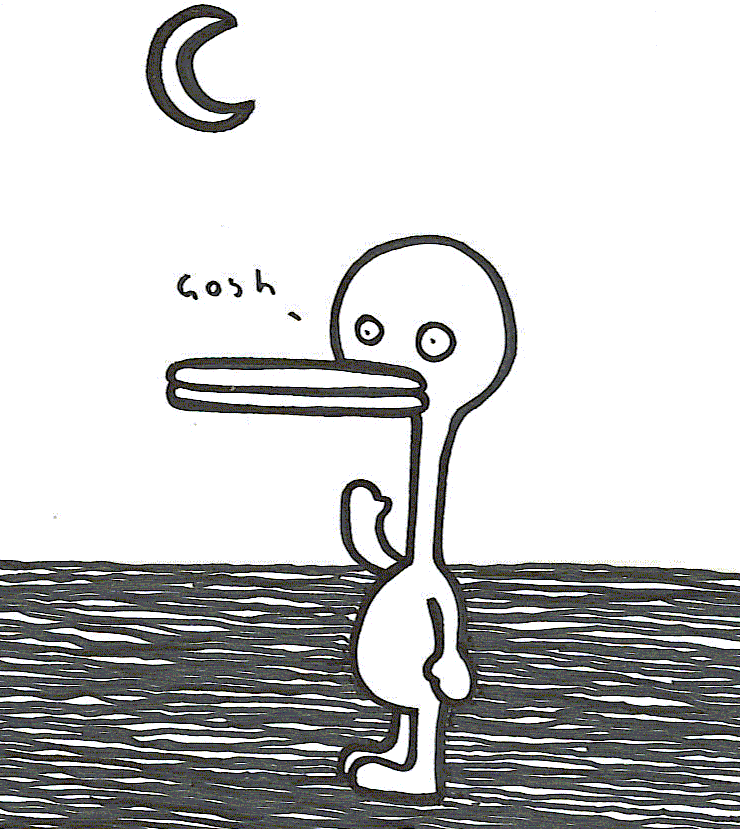




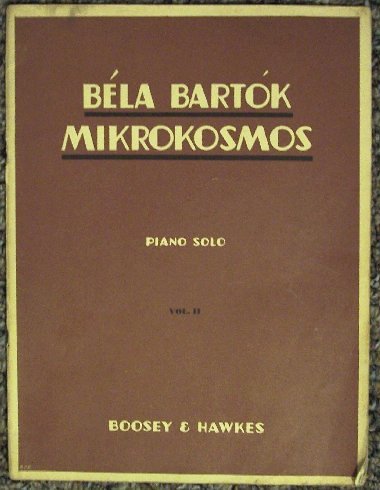


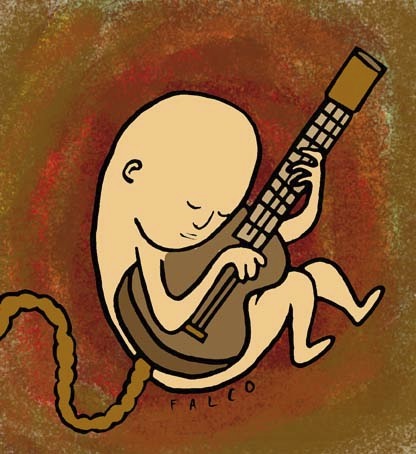


.jpg)









